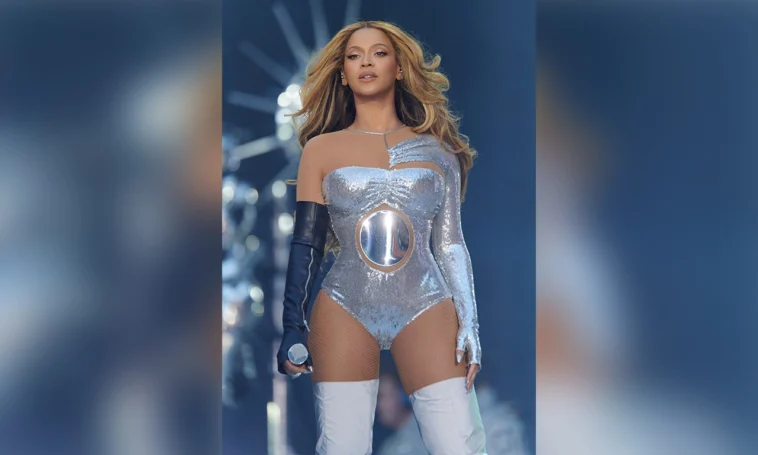Beyoncé and Big Freedia Face Lawsuit Over “Break My Soul”. Beyoncé and Big Freedia are in the legal spotlight as New Orleans bounce group Da Showstoppaz has filed a lawsuit alleging copyright infringement over the 2022 hit song “Break My Soul.” The group claims that Beyoncé’s track unlawfully uses the phrase “Release The Wiggle,” originally featured in their 2002 song of the same name. This lawsuit, filed earlier today in Louisiana, has brought a new wave of attention to the celebrated single from Beyoncé’s Renaissance album.
Da Showstoppaz allege that the phrase “Release The Wiggle,” which is central to their 2002 release, is also found in Big Freedia’s 2014 song “Explode.” This track was heavily sampled in “Break My Soul,” which has led the group to sue both Beyoncé and Big Freedia for copyright infringement.
The lawsuit contends that the phrase’s unauthorized use in “Break My Soul” constitutes a breach of their intellectual property rights.
“”Break My Soul” marked a triumphant return for Beyoncé, launching her first new solo album in six years. Renaissance, the album featuring the single, was the first in a planned trilogy exploring different musical genres. Critics lauded the song for its rich homage to house music and its seamless incorporation of genre elements. The track was a commercial juggernaut, resonating with fans worldwide and further solidifying Beyoncé’s legacy as a musical innovator.
Big Freedia, a prominent figure in the bounce music scene, provided a significant contribution to “Break My Soul” through the sampled elements of her song “Explode.” Known for her energetic performances and pivotal role in popularizing bounce music, Big Freedia’s influence on the track was instrumental in its unique sound. This collaboration underscored Beyoncé’s dedication to embracing and celebrating the roots of the genres she explores.
The lawsuit has sparked considerable debate within the music industry. Legal experts will likely scrutinize the case to assess the legitimacy of the copyright infringement claims. While sampling and interpolation are common practices in the music industry, the boundaries of fair use and intellectual property rights often lead to contentious legal battles.
Fans and industry insiders alike are watching closely as the case unfolds. Supporters of Beyoncé and Big Freedia argue that the use of “Release The Wiggle” falls within acceptable creative practices, highlighting the transformative nature of “Break My Soul.” On the other hand, Da Showstoppaz and their advocates maintain that the phrase’s usage infringes upon their original work, deserving legal redress.
Renaissance is the first installment in a genre-spanning trilogy that Beyoncé has crafted to push musical boundaries. Following the house music-infused Renaissance, Beyoncé released Cowboy Carter, the second part of the trilogy, which delved into country music. This album, too, received widespread acclaim, making history as Beyoncé became the first Black woman to top multiple country music-centered Billboard charts.
Fans eagerly anticipate the third album in the trilogy, with speculation rife about its potential direction. Genres such as punk rock and folk have been suggested, based on Beyoncé’s past collaborations and musical explorations.
Big Freedia’s career has been marked by her vibrant contributions to the bounce music genre, a style originating from New Orleans that emphasizes call-and-response lyrics and uptempo beats. Her collaborations with major artists like Beyoncé have brought bounce music into the mainstream, earning her recognition and respect across the music industry.
As the lawsuit progresses, it will undoubtedly impact the involved parties and the broader conversation about copyright and creativity in the music industry. For now, the spotlight remains on the courtroom, where the fate of the lawsuit will be decided.
The outcome of this case could set a significant precedent for future music copyright disputes, influencing how artists approach sampling and collaboration. Regardless of the result, the lawsuit underscores the ongoing challenges artists face in balancing creative expression with respect for intellectual property rights.






Join the Community and Be a Part of the Conversation
You must be logged in or registered to post a comment.